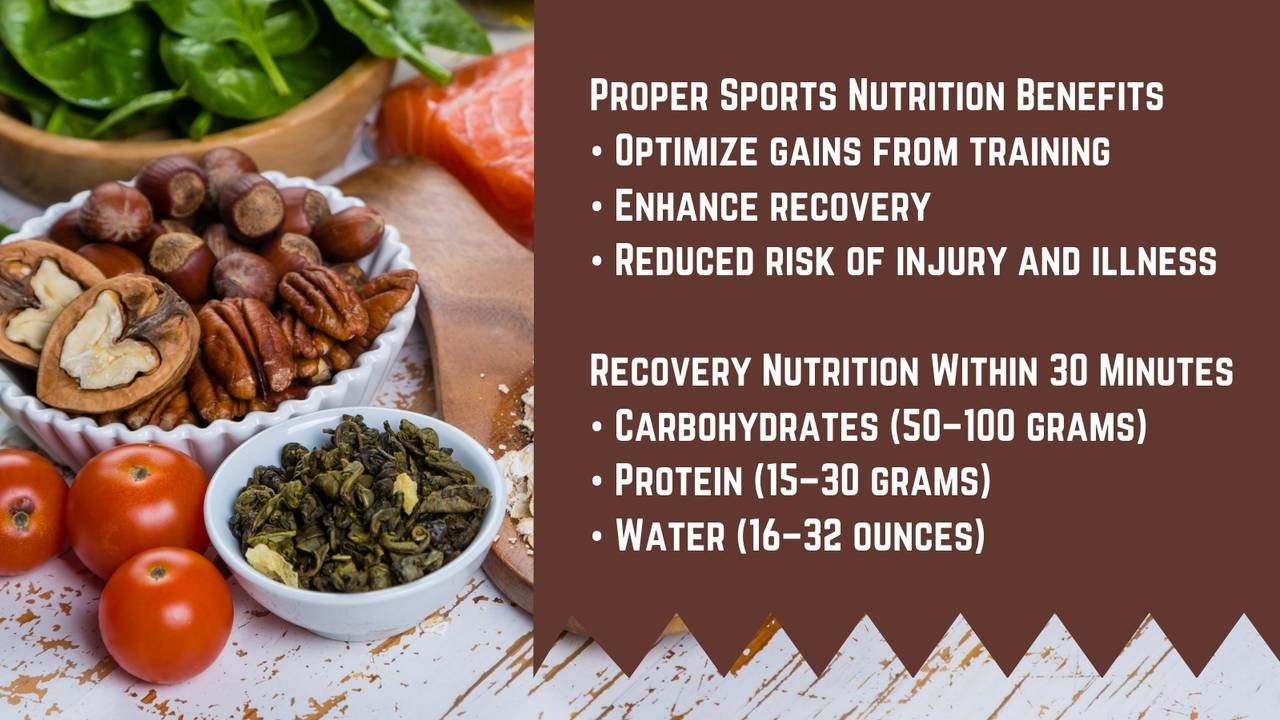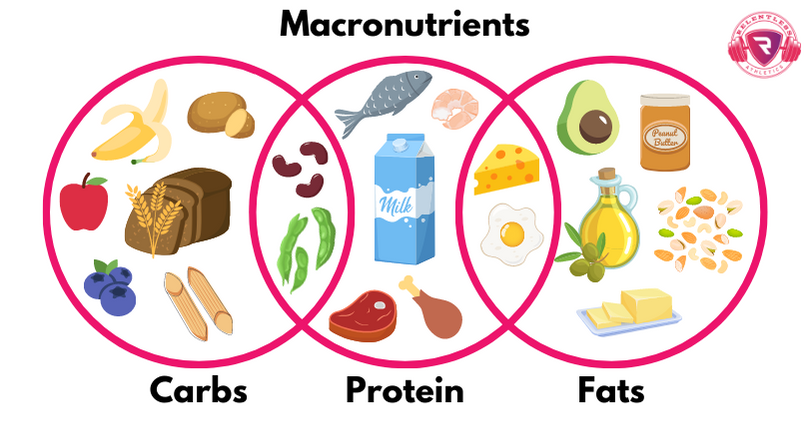What Does Sports Nutrition Do?
What Does Sports Nutrition Do?
Blog Article
What Does Sports Nutrition Do?
Table of ContentsThe Best Strategy To Use For Sports NutritionNot known Details About Sports Nutrition Little Known Questions About Sports Nutrition.Things about Sports Nutrition
Hydration status is an essential location of sporting activities nourishment that can make a distinction in efficiency. As you work out, you shed liquids and electrolytes in the form of sweat, your body's method of cooling itself down. When participating in sustained high intensity exercise, you need to replenish fluids and electrolytes to avoid moderate to possibly serious dehydration.Every extra pound (0.45 kg) lost equates to 16 oz (0.5 L) of fluid loss. You need to take in the comparable amount of liquid to rehydrate before the next training session. It's additionally crucial to replenish electrolytes throughout and after prolonged intense workout to prevent dehydration.
That stated, taking into consideration that professional athletes often have greater nutritional requirements than the general population, supplementation can be made use of to load in any gaps in the diet. Some people choose to add protein powder to their oats to increase their protein material a bit. Carb supplements may assist suffer your energy levels, particularly if you engage in endurance sports lasting longer than 1 hour.
Several long-distance endurance professional athletes will aim to eat 1 carbohydrate energy gel including 25 g of carbohydrates every 3045 mins during an exercise session longer than 1 hour. Sports beverages likewise frequently contain adequate carbohydrates to maintain power levels, but some professional athletes like gels to stop extreme fluid consumption during training or occasions, as this may result in digestive distress.
Sports Nutrition Can Be Fun For Anyone
In your body, beta-alanine offers as a structure block for carnosine, a compound accountable for assisting to lower the acidic environment within functioning muscular tissues during high intensity exercise. This might aid professional athletes such as brief- to medium-distance runners and swimmers.
Here are three of the top sporting activities nourishment misconceptions and what the realities really say. While protein intake is a crucial consider gaining muscle, just supplementing with protein will not trigger any type of substantial muscular tissue gains. To advertise notable changes in muscle size, you need to regularly perform resistance training for an extended amount of time while seeing to it your diet plan gets on factor.
An additional usual misconception in sports nutrition is that eating close to going to bed will certainly create extra fat gain. This is based on the assumption that because you're relaxing, your body is melting less calories, so any type of food you eat will be stored as fat. While it holds true that your body burns less calories at rest, this doesn't mean look at here the food will instantly be saved as fat.
Sporting activity nutrition is the branch of and concentrated on individuals who practice extreme or endurance sporting activities. Depending upon the final purposes of the sporting activity and the training, will certainly stress different foods and diets. is necessary due to the fact that the nutritional needs of a professional athlete are different from those required by a regular individual.
The Only Guide to Sports Nutrition

is just one of the elements that affect how well an athlete executes, along with their genetic make-up and the training they do. The foods consisted of in serve three standard objectives: Offering power Giving matter for enhancing and fixing cells Maintaining and controling Get More Information the metabolic rate There is no solitary for athletes; the depends upon the certain needs of each sporting activity and the type of body of the athlete.
Mix it up Eat a different and healthy diet plan that provides the appropriate quantity of energy and vital nutrients. Gas right Pick a selection of food, consisting of foods which contain carbohydrates, based on the amount of exercise you are doing and vary your intake appropriately. Make every effort for 5 Consume at the very least 5 sections of vegetables and fruit a day; fresh, icy, dried out and tinned all matter.
Healthy protein needs to preferably be equally dispersed every 3 to 4 hours throughout the day. Researches reveal that the enhancement of 15-25g of healthy protein to a post-workout meal or snack can increase glycogen storage, decrease muscle soreness and promote muscle repair. This can be whenever in the 24 hours after your exercise, although you might see lower results the longer you leave it.
The 5-Minute Rule for Sports Nutrition

strength professional athletes might select to take creatine). Athletes interested in making use of a supplement needs to seek advice from a certified sports dietitian to guarantee they make use of the supplements safely and appropriately. Educating volume and intensity can differ from daily and week-to-week, along with your competitors routine. Eat and sustain your meals according to how tough or very easy it is.

Report this page